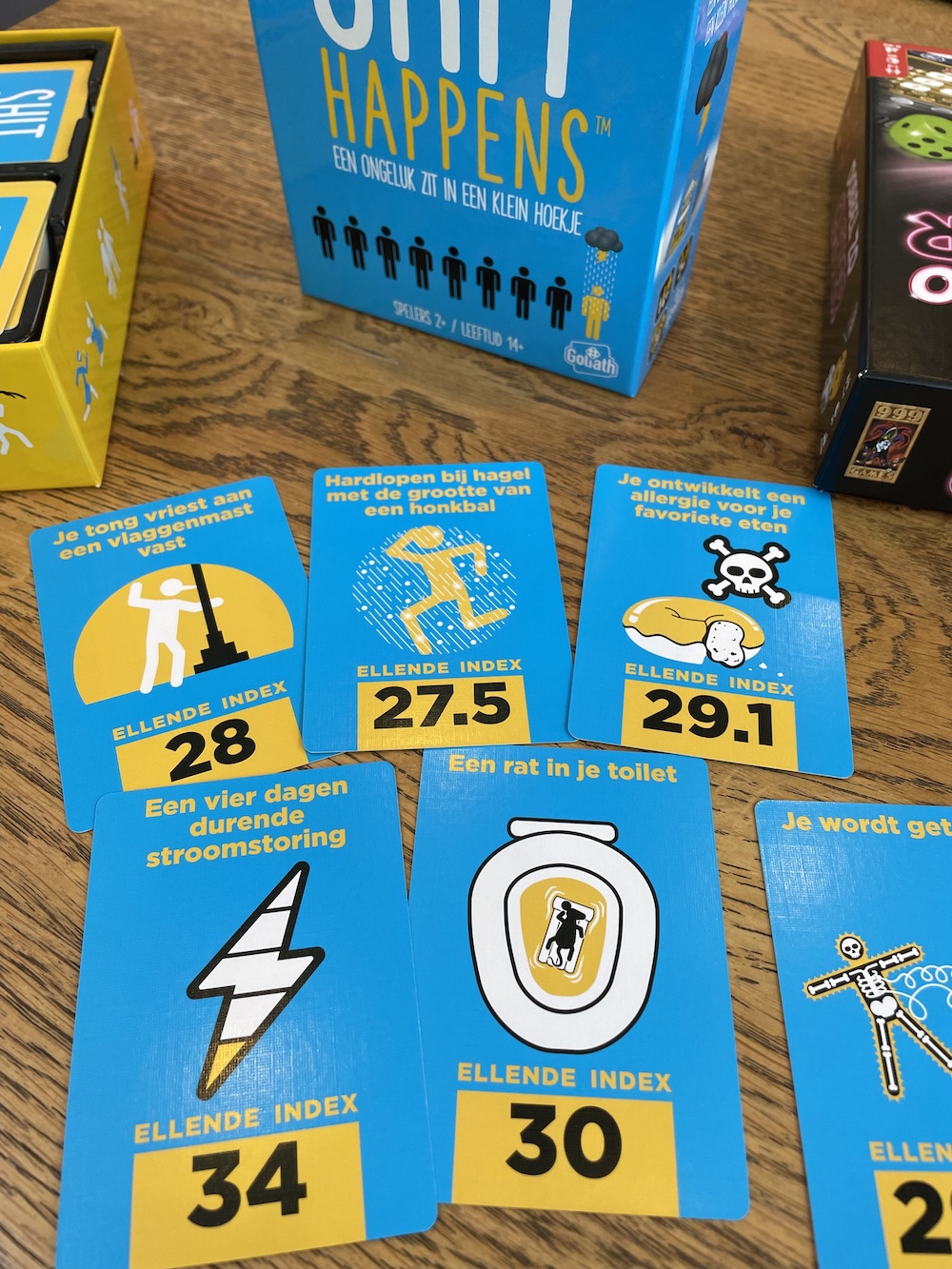| Duration: 20 -30 min Number of players: 2-30 player/s Materials/ Tools needed: Card set “Learning Out of the box” Publisher: Salto Resource center Language: EN Links: https://www.youthpass.eu/en/publications/card-game/ |
Short description
This card game was created for youth workers, mentors, coaches and trainers. It is intended to be used as a tool addressing the topic of ‘learning’ in a fun, engaging and inspiring way.In a constantly and rapidly changing world, lifelong learning has become a necessity and we are more than ever before confronted with the need to continuously further develop our skills and competences. As an effect of such pressure – for there is one – learning might seem to become ‘compulsory‘, mainly performance-oriented and disconnected from a reflected personal choice. Still, learning can be a truly empowering experience, a way to realise our passions, to gain confidence, to take full responsibility for our lives and to grow.
Educational value/ Learning Objectives
- The selection of quotes for ‘Learning Out of the Box’ was made mainly based on previous experiences of using quotes about learning in seminars and training sessions. The quotes that really triggered debate are those you can find in ‘Learning Out of the Box’.
- The selection aims to provide a wide variety of aspects related to learning. It compiles diverse quotes on different pedagogical approaches (such as learning to learn, learning by doing, self-directed learning); educational systems (such as formal, non-formal); values and practices of learning (such as fulfilment, usefulness)and various dimensions of learning (such as creativity, change, pressure).
Recommendations for use
- In the link https://www.youthpass.eu/downloads/13-62-442/200923_YP_LOTB-2020_Booklet_Online_01.pdf, you will find proposals for different ways of using the quote cards. The methods presented are to be considered as ‘guidelines’ rather than as ‘rules carved in stone’. We provide some indications for variations, or factors to consider if you would like to change certain elements.
- As you will see, five fields or areas of use have been identified – and there are one or two methods associated with each of them. The methods are relatively easy to adjust according to different contexts, objectives and groups.
Tips and Tricks for Facilitators
How to adapt game for different groups, topics, occasions/needs
Depending on the situation/ needs you can also select cards.
Feedback questions
How was the activity?
What was the most challenging?
What did you enjoy the most?
If this session is considered as a teaser for a session on learning, it may not require much or any debriefing.The relevance or use of the quotes may rather be tackled in the debriefing of the overall session. Nonetheless, the facilitator has also the possibility to collect reflections (key words) from participants on a flipchart, which may allow linking the collection to an input afterwards.
Make sure to give enough time for participants to choose their quote and for the exchange in duos or trios. Usually, this exercise sparks a lot of thoughts andrequires sufficient time for sharing.
‘Learning is…’ can also be done with a focus on the values and principles of non-formal learning/education. Like that, it can help reflecting on what are the valuesand principles behind the selection of cards. Please take into account that for such a variation to work, it may require some prior knowledge of the participants or an introduction to the main features of formal, non-formal and informal learning.
Further discussion topics
Life goals and values
Professional development
Lifelong learning
Diversity




